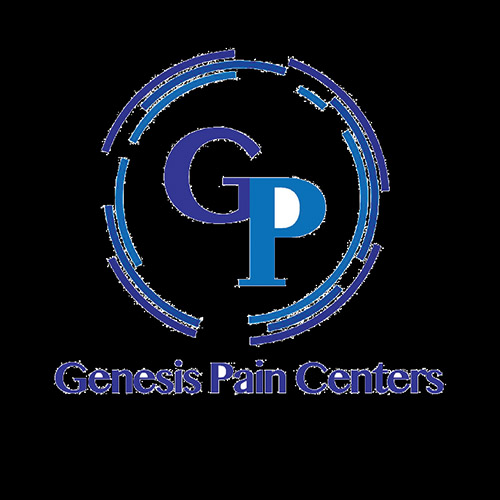

Israel has spent years perfecting pain treatment. During the Six Day War in 1967, the demand for pain treatment increased as soldiers sought relief for traumatic wounds. The first Pain Clinic in Israel opened that year in Ichilov, with the first patient record dating January 23rd, 1967. Shortly after, Pain Clinics were established at Israeli hospitals Rambam and Hadassah, and later at the Hebrew University Faculty of Dental Medicine. In the 1970s, Israel was introduced to alternative treatments such as acupuncture and hypnosis. Today, Israel continues to lead in pain treatments. In-hospital consultations for pain are provided at all major Israeli hospitals.
“If I was in my 20s, 30s or 40s, I would want to be treated in Israel because they are better at preventative care,” says Teaneck, New Jersey-based Pain Management Physician Dr. Asher Goldstein. “Health maintenance is better in Israel.”
This medicinal superiority stems from Israel’s willingness to take important risks. Israel is not afraid of trying new, unprecedented pain management techniques. In 2009, Israel started combining the substance that makes chili hot (capsaicin) with QX-314, a chemical derivative of the anaesthetic lidocaine, to treat pain, without side effects. More recently, in 2017, Israel took the innovative first step to legalize marijuana by decriminalizing it. In this way, people with chronic pain are able to seek relief without becoming addicted to pain meds.
“I do think that there is potential for tremendous amount of medicinal benefit that lie in the cannabis plant,” says Dr. Goldstein. “Israel’s decriminalization will allow less stigma for patients that need it for medicinal use. Marijuana has the power to heal.”
America has traditionally been more conventional when it comes to pain treatment. One of the most prominent pain management organizations in America, the American Pain Center, was established in 1977. Since its beginning, the organization has been dedicated to bring together professionals to spread awareness of pain. Although the American Pain Center has progressively come out strongly against opioids as pain killers, generally in America, medications are prescribed far more than alternative pain relief options such as meditation. According to the Centers for Disease Control and Prevention, about 48.7% of Americans take at least one prescription drug daily, and physician’s order about 2.8 billion drugs per year.
Dr. Asher Goldstein argues that pain medications are not the be-all-end-all. Rather, he believes that physicality and mindsets are always interconnected. He calls this a “simple truth.” In other words, physical pain can be reduced by alternative healing methods that focus on the mind.
“When I was in third and fourth year rotations in medical school, I saw all these patients in pain,” says Dr. Goldstein. “They were prescribed all these medicines for blood pressure, for kidney problems, liver problems, and I thought, why can’t we take care of the pain?”
But pain management does not have to only come in the form of drugs. Dr. Goldstein believes in utilizing Israel’s forward-thinking pain relief techniques to reduce pain. He specializes in treating patients with chronic pain to help clients physically and emotionally, as pain is emotional, and strongly linked to a person’s mental health.
Methodologically, Dr. Goldstein believes that it is best to use the least amount of medication. Like Israel, he believes in utilizing chiropractic treatments, multi-modal treatments, and acupuncture. These types of treatments yield results, as army veterans who sought his help for war wounds reported significant pain reduction, as well as patients with other types of pain such as disk herniations.
Treating pain stems from understanding pain. America can learn about pain from Israel and treat pain as a holistic process, with many types pain management techniques to consider besides pain medications. In Israel and America, these approaches can lead to a pain free future.
Dr. Asher Goldstein is a resident of Teaneck, N.J. where he lives with his wife, also a physician, and children. He runs Genesis Pain Centers (GenesisPainCenters.com), which has multiple offices in New Jersey and in New York City. Dr. Goldstein is also the chairman of pain management at Teaneck’s Holy Name Hospital.
By Ilana Weinberger













